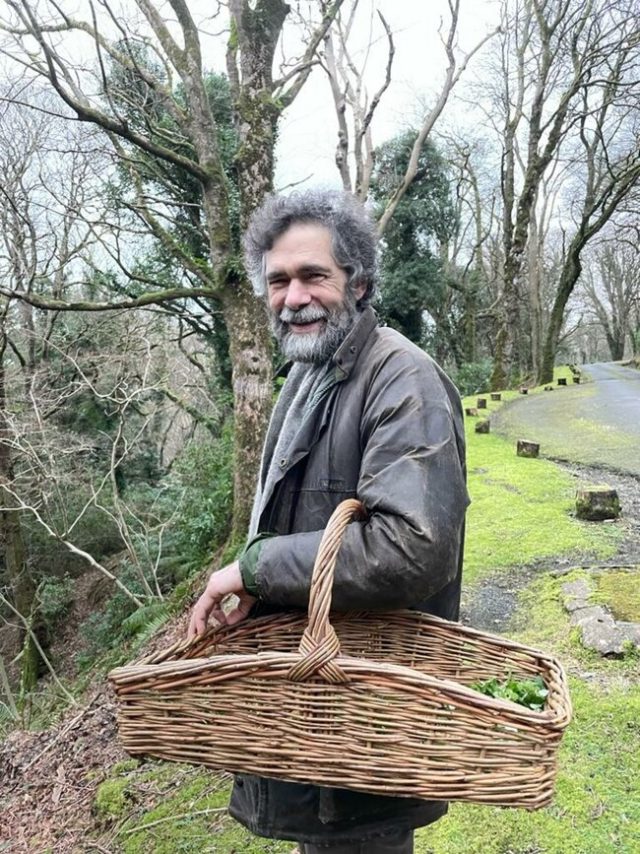
The Wildbiome Project, a recent citizen science study involving 26 UK foragers, has unveiled intriguing findings regarding the health benefits of consuming wild foods. Led by foraging expert Monica Wilde, the project explored the impact of a wild food diet on blood sugar, body mass index (BMI), and gut health. Participants, including Richard Mawby, a Northamptonshire-based foraging expert, embarked on a journey of living exclusively on wild foods for periods ranging from one to three months. Mawby’s personal experience, consuming items like acorns, pigeon, mushrooms, and wild greens, resulted in a notable weight loss of 20kg. The study revealed compelling results, particularly for those initially classified as obese. On average, participants in this category lost 5.6kg and 16% of their body weight.

Foraging teacher Matthew Rooney even improved his diabetes within 10 days, showcasing a significant improvement in blood glucose levels. Although some participants reported increased tiredness during the diet, the majority thrived, citing heightened energy levels and enhanced mental well-being. Gut health improvements were also evident, with microbiome scores rising from an average of ’52’ at the beginning to ’65’ by the end of the experiment. Monica Wilde emphasized that adopting a 100%-foraged diet might be unrealistic for most people, but incorporating a few wild foods could still offer health benefits. She recommended starting with fresh nettle tips in spring, highlighting their nutritional value as an alternative to spinach. Wilde underscored the nutritional density of wild foods compared to commercially farmed ones, emphasizing the benefits of eating seasonally and aligning our diets with nature’s guidance for both personal health and environmental well-being.














